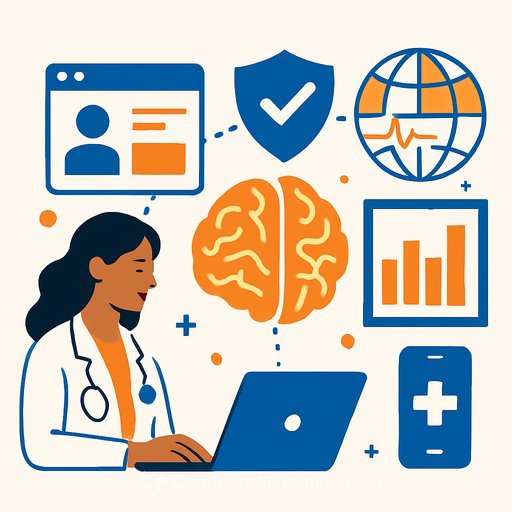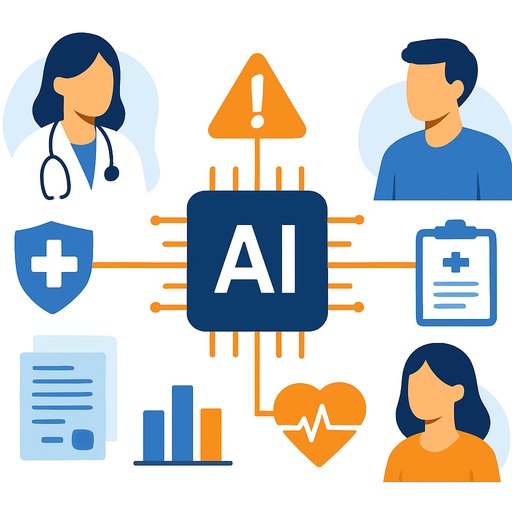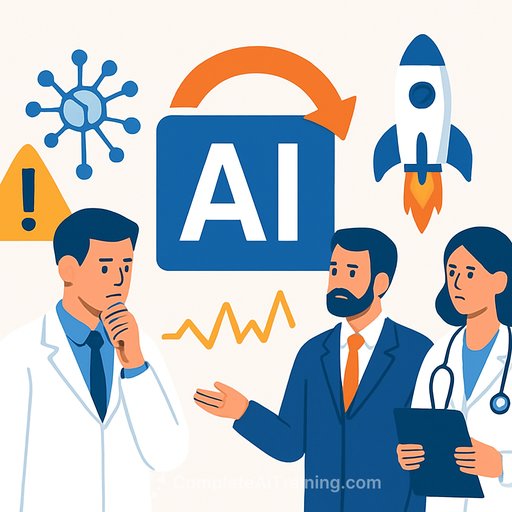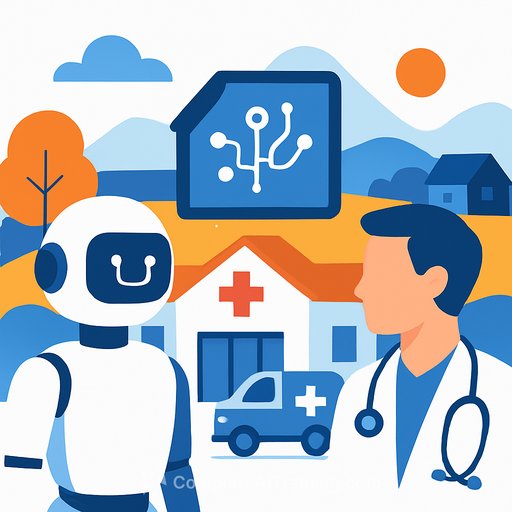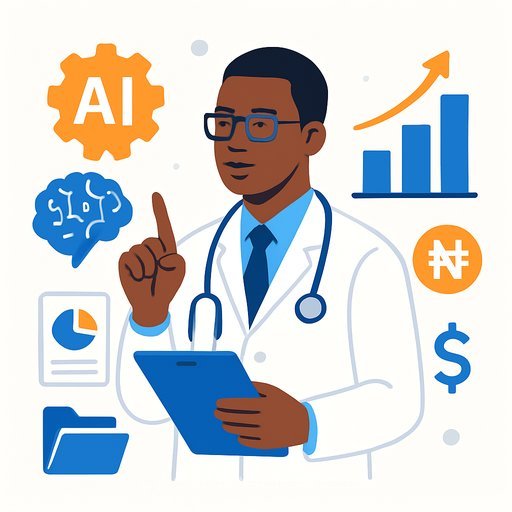Health AI Needs Real-World Data and Portability to Improve Effectiveness
Artificial intelligence in healthcare is advancing quickly, but the real challenge lies not in building smarter algorithms, but in providing quality data that truly represents patient experiences. Without clean, diverse, and connected data, AI models risk producing misleading or even harmful outcomes.
Dr. Anjum Khurshid, Director and Associate Professor at Harvard Pilgrim Health Care Institute and Harvard Medical School, emphasized this point during a recent healthcare summit. He argued that trustworthy AI depends on data that follows patients over time and across different providers — not just isolated snapshots or academic knowledge.
From Algorithmic Accuracy to Clinical Relevance
Many AI models show impressive results in controlled tests but stumble in real-world settings. Some pick up on irrelevant signals, like a pneumonia detection model that relied on metallic tokens in X-rays instead of clinical signs. Others are vulnerable to subtle data corruption that degrades performance without clear warning.
Moreover, most AI evaluations rely on limited datasets from single sites or countries, lacking demographic diversity. This narrow focus limits confidence in how models will perform across broader patient groups.
The solution lies in focusing on real treatment outcomes. Just as doctors learn from actual cases, AI should be trained on longitudinal patient data that track what happens after decisions are made. This approach shifts the goal from simply predicting diagnoses to improving health at the population level.
The Role of Health Information Exchanges
Building effective AI requires infrastructure that moves data safely and respects patient privacy. Health Information Exchanges (HIEs) serve this purpose by aggregating records from diverse hospitals and clinics, standardizing formats, and integrating social determinants of health.
HIEs act as neutral platforms enabling secondary data use while ensuring local governance and patient consent. Trust is critical—successful AI depends on rigorous collaboration and oversight to make sure data is accurate, representative, and protected.
Decentralized, federated networks offer an approach where data stays within its source systems, but AI models travel to the data for analysis. This setup supports cross-border collaborations if local laws and norms are respected.
Opportunity for Regions Like the UAE
The UAE’s investment in national health information systems positions it well to create the longitudinal records essential for effective population health AI. Integrating data across providers and geographies early on will improve representativeness and model reliability.
Collecting diverse, longitudinal data before deploying advanced AI models is a practical step toward better public health outcomes in any system.
Treat Data Quality as a Public Health Priority
Data quality should be seen not just as a technical issue but as a matter of public health. Poor data affects everything from resource allocation to patient safety.
Partnerships between healthcare providers, data scientists, and industry are needed to ensure data pipelines meet standards for completeness, accuracy, provenance, and privacy.
Dr. Khurshid also highlighted the potential of “medical super-intelligence” — AI systems that don’t just suggest diagnoses but predict outcomes of different treatment paths, helping clinicians personalize care based on quantitative risk-benefit analysis.
Collaboration Over Replacement
Technology alone won’t transform healthcare. As Dr. Kalthoom AlBlooshi, Chief Innovation Officer at Emirates Health Services, noted, AI’s impact depends on collaboration between people, processes, and innovation.
Empowering physicians and staff with AI tools will drive better care, but only if data governance, patient privacy, and trust are prioritized.
The next breakthroughs in health AI will come from building the right infrastructure—data exchanges that safely move information, laws that secure consent, and rigorous evaluation practices—not just new models.
For healthcare professionals interested in expanding their AI knowledge and practical skills, exploring targeted AI training courses for healthcare jobs can provide valuable guidance on integrating AI responsibly and effectively.
Your membership also unlocks:

